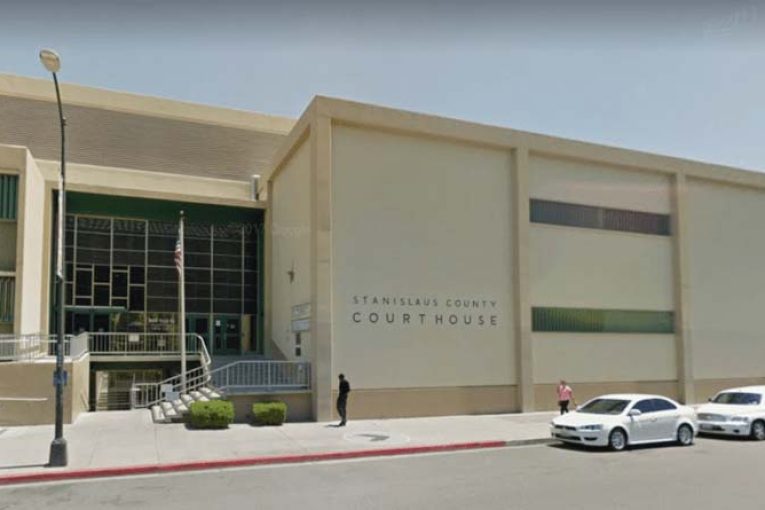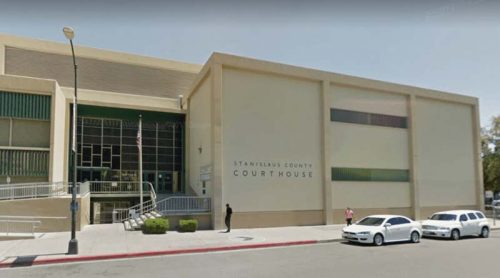

By Vaiva Utaraite
STANISLAUS, CA – Here in Stanislaus County Superior Court this week, private Defense Attorney Douglas Foster filed a motion to suppress the evidence found in a second detention of his client.
The judge in the case ultimately denied Foster’s motion, finding the emails sought by the defense were work product “and not reflective of coordinated law enforcement action.”
The defense based a motion to compel on speculation the US attorney general and the local district attorney’s office were engaged in a coordinated prosecution, and Foster requested emails between the two attorneys involving two separate detentions, one of which was already determined to be illegal.
On July 11, 2019, the accused and his vehicle were searched, revealing 300 grams of methamphetamine. The accused was detained, arrested, and booked into custody, but was released after having paid his bail.
On July 30, 2019, the accused’s apartment was searched by the same officers who detained him in the previous incident, claiming the basis of the search was justified as a parole search.
“We are challenging the legality of that parole search. Whether or not the officers who conducted the search of his residence had actual knowledge of (accused’s) parole status that was gained independently of the illegal detention on July 11, or whether they simply relied on the information they obtained during the illegal search to conduct the warrantless search on July 30,” said Foster.
The federal government decided to prosecute the accused on Feb. 6, 2020, based on the amount of drugs found. However, the court declared that this detention was illegal.
“The government contends it has the ability to relitigate the issue of the legality of July 11 detention. The government’s position is that the detention was valid and that the information that the officers obtained during that detention may be used to defeat the motion to suppress in the July 30 search of (accused’s) house,” stated Foster.
Foster argued, “The question of whether the illegality of the July 11 detention can be relitigated is a core issue of the motion to suppress in this case.”
The defense counsel also noted that “denying the discovery unfairly prejudices (the accused),” based on the circumstances of the second search and detainment.
Foster explained that had it not been for the facts from the illegal detention of July 11, the officers would not have “known of (the accused’s) existence (and) would not have known of the fact that he was on parole” and therefore could not possibly have known that he had contraband in order to conduct a parole search.
Deputy District Attorney Julia Carolyn Lucia Souza refuted the claim that the federal attorney and her office were collaborating, stating it was “purely speculative.”
She also refuted the claims the officers in the case were using previous information about the accused when they conducted the parole search and that they were just simply aware of his parole status.
Souza pointed out that after the accused had been released the first time, a complaint was filed four days after.
“The officers re-ran (the accused’s) information prior to conducting a parole search of his residence, then they learned that he was on parole at the time of the search and then decided to search his residence,” stated Souza.
She also continued the justification of the officer’s search, stating that “the police report also indicates that the home was being watched as it is in a high-crime, high-drug area.”
Souza admitted she was not relying upon and was “not going to touch (the July 11 case),” in the July 30 detention, adding defense counsel Foster was trying to “anticipate the dangers” for his client if the government decided to use previously suppressed evidence, including he was on probation and he had drugs, to increase his current sentence relating to the detention on July 30.
Judge Dawna Reeves said to Foster, “The problem with that argument, if I were to agree with you, then it would be saying if the information was suppressed from July 11 because (the accused) was detained unlawfully and part of what the officers learned was that he was on probation or parole, then he couldn’t be ever searched on probation or parole by those officers, and that can’t be the law.”